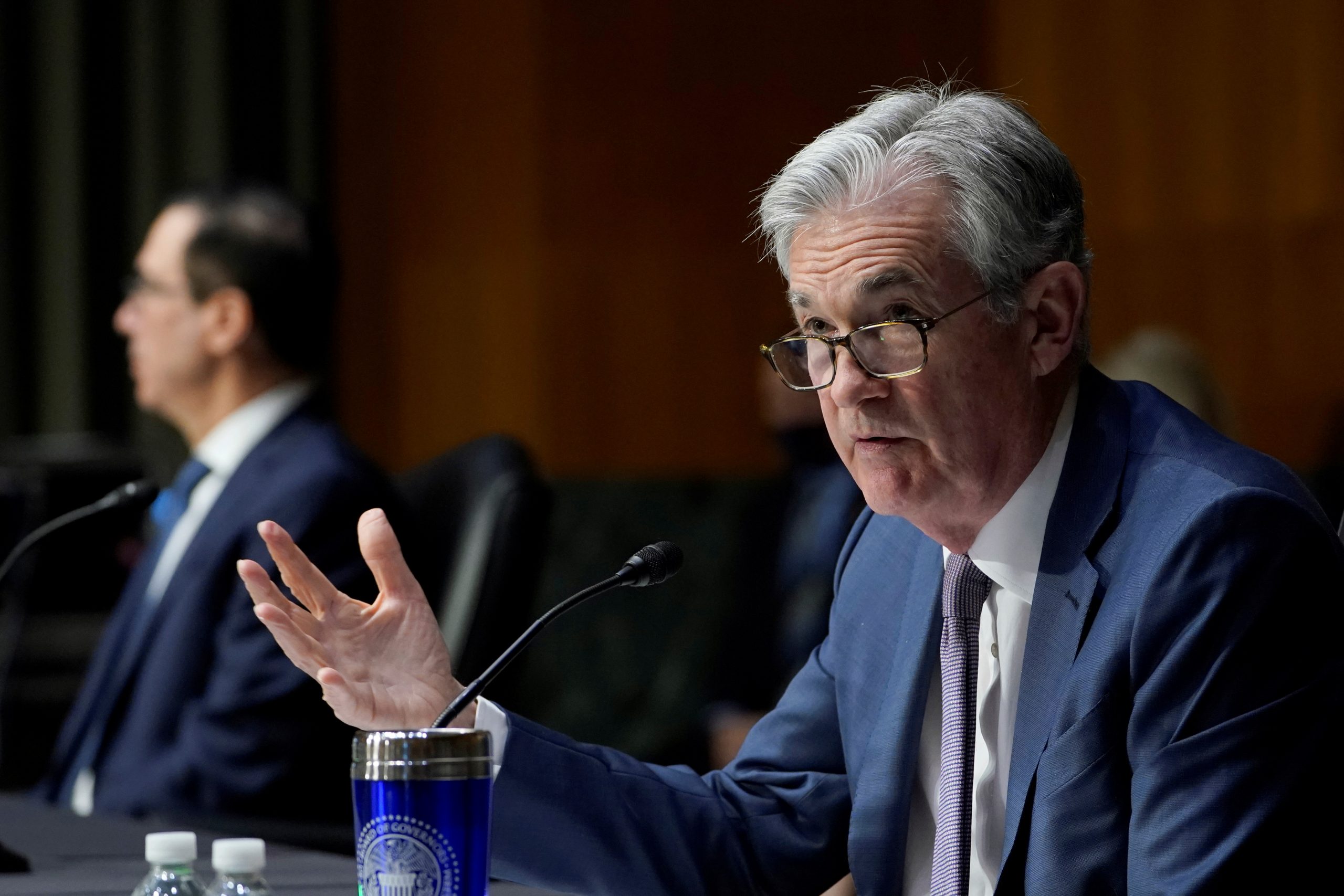Top U.S. economic officials on Tuesday urged Congress to provide more help for small businesses amid a surging coronavirus pandemic and concern that relief from a vaccine may not arrive in time to keep them from failing.
“These businesses cannot wait two or three months,” Treasury Secretary Steven Mnuchin said during a hearing before the Senate Banking Committee, urging lawmakers to put as much as $300 billion into grants for struggling businesses.
His comments came amid some renewed momentum for a pandemic aid package, with Republicans and Democrats acknowledging the next few weeks will be critical in determining whether the country’s better-than-expected recovery can be coaxed along until the impact of the pending vaccine is felt — or will weaken as benefits to families expire and the coronavirus continues spreading.
Mnuchin on Tuesday is to hold his first talks since the election with House of Representatives Speaker Nancy Pelosi, and a bipartisan group of senators has proposed a $900 billion bill that includes an extension of federal unemployment benefits.
At its peak over the summer, expanded federal unemployment benefits funneled some $12 billion weekly into individual bank accounts, money that propped up spending, padded savings accounts, and fueled rehiring as some parts of the economy bounced back faster than expected.
The expiration of those benefits by the end of this year has prompted calls for a more extended safety net while the vaccine is rolled out.
“We can see the end, we just need to get there,” Fed Chair Jerome Powell said of the pandemic and associated recession that decimated the U.S. economy in the spring and has still left it about 10 million jobs shy of where it was in February.
“People that are in public-facing jobs, in public-facing industries – they may see the light at the end of the tunnel the middle of next year … They may need more help to get there,” Powell said, referring to restaurants, hotels and entertainment venues that have been the hardest hit by the pandemic.
Job losses in those industries have fallen most heavily on women and minorities.
There was partisan bickering at the hearing on some points, particularly over Mnuchin’s decision to shut several Federal Reserve emergency lending programs at the end of this month, a move Democrats said seemed to contradict his call to help businesses that might have borrowed from those programs.
Democrats and Fed officials want those programs left open if only as a precaution, so small businesses, local governments and corporations can raise money if the pandemic and ongoing recession worsen in the weeks ahead.
But Powell also agreed with Mnuchin that at this point businesses may need outright grants from the government, not to pile on more debt. He also agreed that a separate Treasury fund could be used by the incoming administration of President-elect Joe Biden to re-establish the Fed lending programs if they are needed.
(Reporting by Howard Schneider; Editing by Aurora Ellis, Tom Brown, Chizu Nomiyama and Paul Simao)

























 Continue with Google
Continue with Google